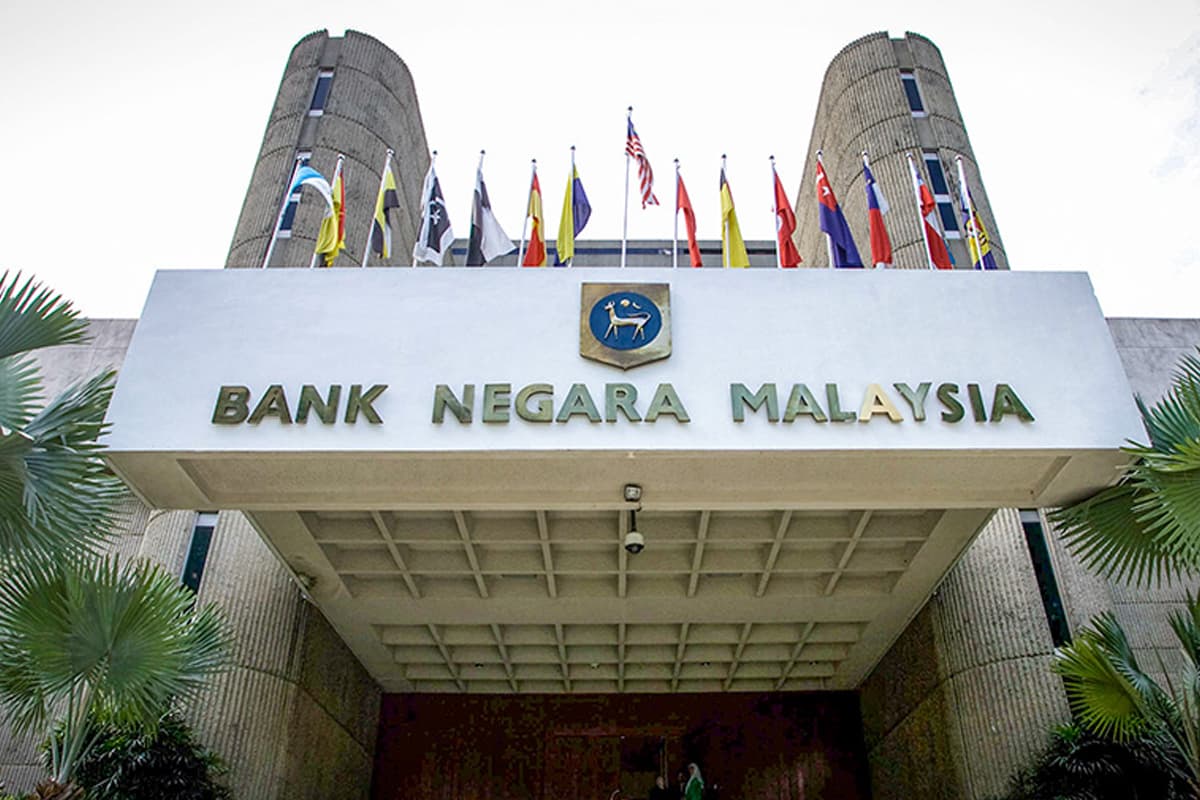
KUALA LUMPUR (Oct 26): Bank Negara Malaysia (BNM) and the Bank of Thailand (BOT) have announced the further expansion of the ringgit-baht settlement framework effective Dec 1 as part of the continuous effort to facilitate wider use of local currencies for settlement of trade and direct investment between both nations.
In a statement on Tuesday, BNM said the latest framework includes an expansion of eligible users to include Malaysians and Thais who reside in either country, as well as additional foreign exchange policy flexibilities such as simplified documentation requirements.
BNM’s deputy governor Datuk Abdul Rasheed Ghaffour said the expansion will provide greater accessibility to ringgit- or baht-denominated financial services for individuals as well as businesses in both countries.
He added the framework also now allows Thai individuals residing in Malaysia to avail themselves of these services.
“The expansion will boost future economic activities between our two countries,” he noted.
BOT deputy governor Mathee Supapongse said the latest expansion of the ringgit-baht settlement framework will benefit people and businesses in both Malaysia and Thailand, further facilitating cross-border financial transactions including through the recently launched cross-border Quick Response (QR) payment linkage between the two countries.
“We believe this will pave way for wider use of local currencies and greater financial integration within the ASEAN region,” the deputy governor of BOT added.
The local currency settlement framework between Malaysia and Thailand was last expanded on Jan 2, 2018, after its initial launch on March 14, 2016, in accordance with the memorandum of understanding signed between BNM and the BOT on Aug 27, 2015.
Following the latest expansion, BNM and the BOT appointed additional qualified commercial banks in both countries to participate in and further support the expanded ringgit-baht settlement framework.
“In general, the appointed banks are resilient and healthy, experienced in facilitating settlement of trade and direct investment between the two countries and have established strong business relationships with banks in the counterparty country,” BNM said.
The existing appointed banks in Malaysia are Bangkok Bank Bhd, CIMB Bank Bhd, Malayan Banking Bhd, MUFG Bank (Malaysia) Bhd, Public Bank Bhd, RHB Bank Bhd and United Overseas Bank (Malaysia) Bhd, while the additional appointed banks are HSBC Bank Malaysia Bhd and Standard Chartered Bank Malaysia Bhd.
In Thailand, The Hong Kong and Shanghai Banking Corporation Ltd (Bangkok Branch) and Standard Chartered Bank (Thai) PCL have been added to the existing appointed banks list that comprises Bangkok Bank PCL, Bank of Ayudhya PCL, CIMB Thai PCL, Kasikornbank PCL, Krung Thai Bank PCL, Siam Commercial Bank PCL and United Overseas Bank (Thai) PCL.
BNM noted in a FAQ note that with the latest expansion, all Malaysian and Thai businesses, as well as individuals making payments for settlement of trade in goods and services, direct investment, income and transfer, are able to benefit from the framework.
“For example, a Thai individual residing in Malaysia can now send money back home via the appointed banks which can offer a direct [ringgit-baht] quote at a competitive cost.
"This expands the remittance channels available (including banks and non-bank remittance providers). Prior to the expansion, only Malaysians were allowed to do so via the appointed banks,” BNM said.
Businesses and individuals can refer to the daily ringgit and baht quotes on Refinitiv, Bloomberg and other financial information platforms provided by the appointed banks, the central bank added.
“They can also obtain direct [ringgit/baht] quotes directly from the appointed banks for buying and selling of the currency pair,” it said.